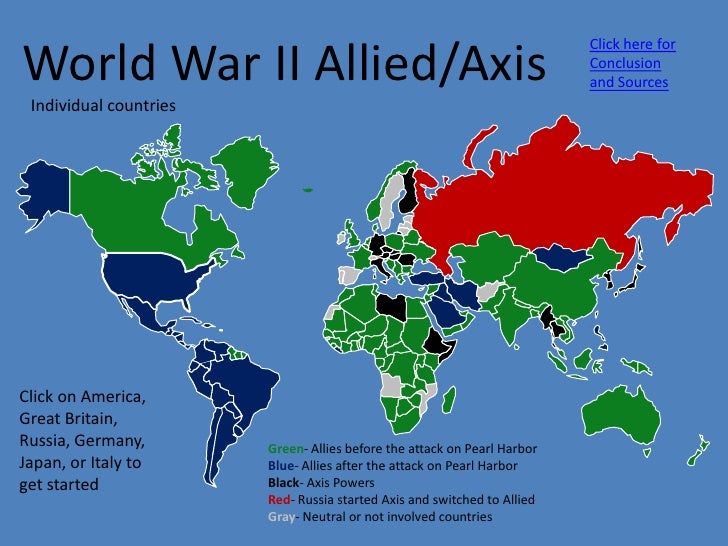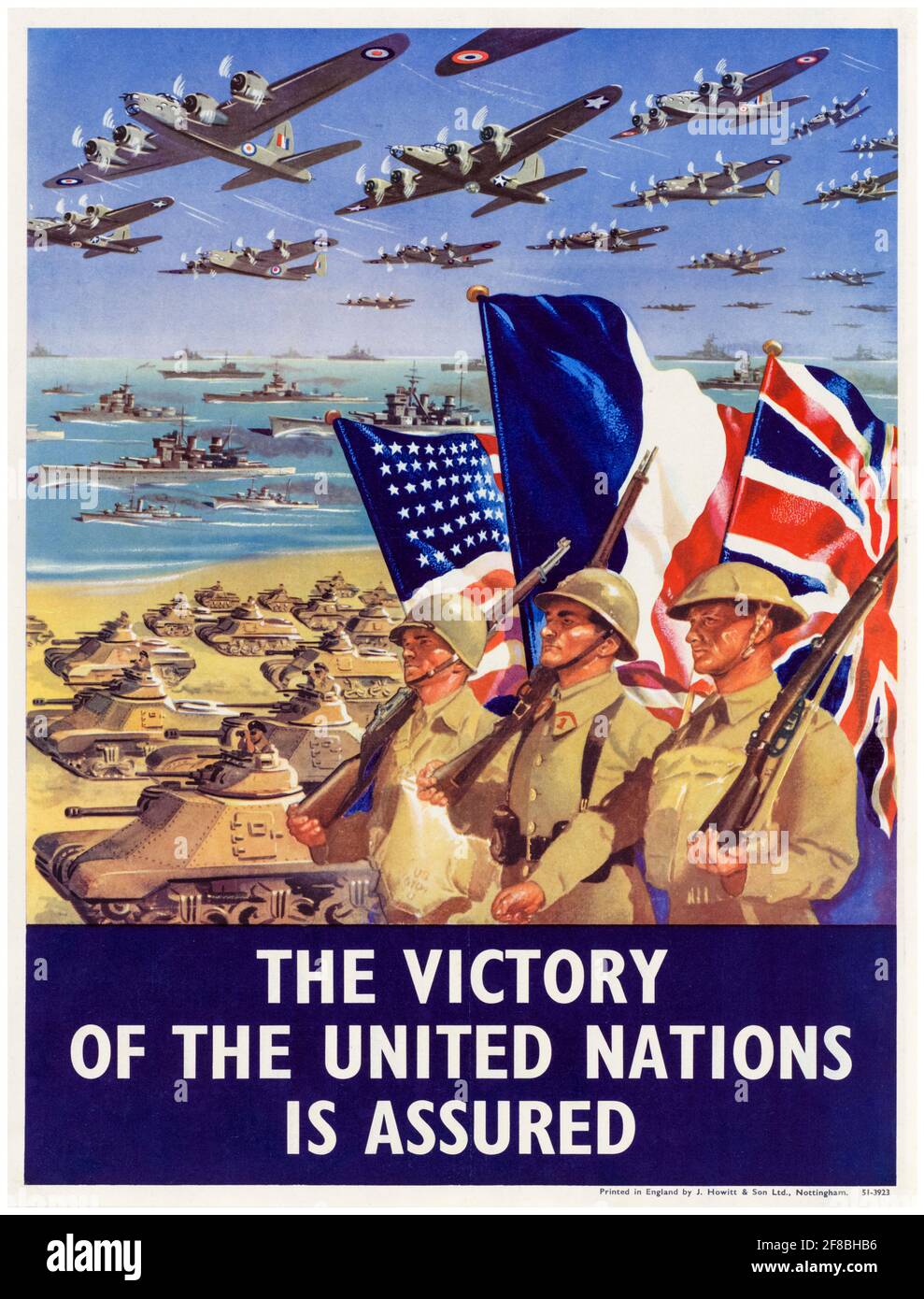The Critical Role of the United Kingdom in Allied Victory During World War II
The Early Resistance Against Germany
The United Kingdom played an integral role in resisting German expansion in the early years of World War II. When Germany invaded Poland in September 1939, the UK declared war on Germany. In the following months, the UK engaged in minor bombing campaigns against Germany and began laying naval mines in German waters. This early resistance absorbed German resources that could have been used elsewhere.

The Battle of Britain
In mid-1940, Germany shifted its focus to the skies over the UK in preparation for an invasion across the English Channel. What followed was the pivotal Battle of Britain, where the Royal Air Force defended Britain against relentless Luftwaffe air raids. Outnumbered British fighter pilots, including Polish and Czechoslovakian pilots, battled wave after wave of German bombers and fighters. Despite heavy losses, the RAF prevailed and secured air superiority over southern England. The Germans were forced to abandon plans for Operation Sea Lion, the proposed amphibious invasion of Britain. The UK’s survival dealt a major strategic blow to Germany by keeping a hostile power stationed near the Atlantic coastlines.
North Africa and the Mediterranean
As Germany focused on its invasion of the Soviet Union in 1941, the UK played an important supporting role fighting Nazi forces in North Africa and the Mediterranean. Under the command of Field Marshal Bernard Montgomery, British Commonwealth and African troops halted the advance of Erwin Rommel’s Afrika Korps in the Western Desert. In 1942, the Allies secured victory at the Second Battle of El Alamain, marking a turning point that gradually shifted the balance of power in North Africa. Meanwhile, the British navy worked to protect Allied supply lines through the contested Mediterranean Sea from Axis attacks. This continuous pressure relieved some burden from the besieged Soviet Union.
Technology and Intelligence Sharing
The UK proved invaluable through its contributions of technology, intelligence, and cooperation with Allied partners. Advanced radar systems pioneered by British scientists provided early warning of enemy aircraft. This boosted the defense capabilities of both the British Isles as well as North America after integration into early-warning chains. Beyond radar, secrets of the Manhattan Project’s atomic bomb program were built upon nuclear research conducted in British laboratories. Valuable scientific knowledge was also shared with American counterparts. British signals intelligence, such as the work of codebreakers at Bletchley Park, supplied a steady stream of decoded German communications. Meanwhile, the British Special Operations Executive aided nationalist resistance groups across occupied Europe. This cooperation and readiness to share resources elevated Allied fortunes on numerous battlefronts.
The “Unsinkable Aircraft Carrier”
Britain’s geographical position presented a colossal strategic advantage as the war progressed. From bases across England, Scotland, and Northern Ireland, Allied aircraft flew missions over occupied Europe and Nazi-controlled territories. The Royal Air Force bombed industrial areas deep inside Germany, gradually assuming more of the strategic bombing initiative. American bomber crews also utilized British airfields to strike targets. By 1944, Britain supported over 150 Allied air squadrons engaged in theCombined Bomber Offensive against the Third Reich. This converted the UK into an “unsinkable aircraft carrier” that played a central role weakening the German war machine from the skies.
D-Day and the Invasion of Normandy
On June 6, 1944, the UK served as the launching point for the largest amphibious invasion in history - Operation Overlord, the Allied invasion of Normandy, France. British troops formed much of the assault forces that waded ashore on D-Day across five landing beaches. Ports like Portsmouth and Southampton swelled with vessels carrying soldiers, tanks, trucks, and equipment destined for the continent. RAF and Royal Navy units provided crucial tactical air support and naval bombardment to suppress German coastal defenses. British airfields then maintained tight cooperation with Allied air forces throughout the prolonged Normandy Campaign. This massive undertaking to liberate mainland Europe could not have been realized without UK cooperation as the staging locality.
Conclusion
From the early days of the war through to V-E Day, the United Kingdom played an irreplaceable role in supporting the eventual Allied victory over Nazi Germany. Through resilience, innovation, and coordination with other partners like the United States, the British Empire absorbed a tremendous amount of German strength. Even when under direct attack, UK resources upheld Allied fighting power on the Eastern Front against the main Axis encirclement threat. As a launching pad for major operations in Northwest Europe and beyond, Britain’s contributions helped pave the way for history’s ultimate triumph of good over evil. The various fronts on which Britain confronted fascism undeniably contributed heavily to defeating two of the most dangerous regimes of the 20th century.
